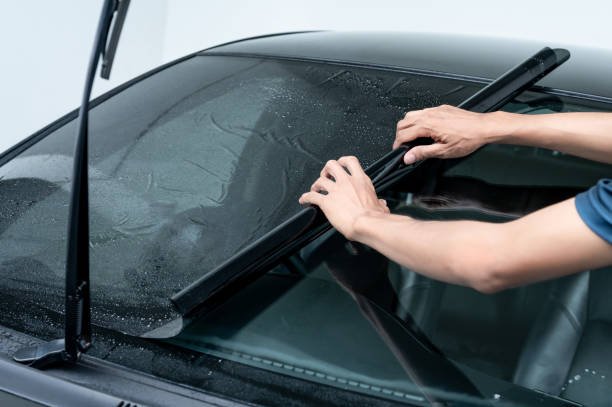Proper maintenance is essential for preserving the appearance and longevity of your tinted windows. While most tinted films are durable and easy to maintain, it's important to follow manufacturer recommendations for cleaning and care. Tips for cleaning window tint include using non-abrasive cleaners, avoiding rough materials that could scratch or damage the film, and rinsing the exterior first to remove loose dirt. Opt for a mild soapy solution and a soft microfiber cloth to gently clean the surface. Avoid excessive pressure or scrubbing motions and use a gentle, circular technique. Additionally, regularly inspect the windows for signs of wear or damage. With proper maintenance, your tinted windows can continue to look great and perform well for years to come.
In conclusion, tinting your car windows is a decision that requires careful consideration of various factors, including legal requirements, tint darkness, type of film, installation method, budget, electronic compatibility, and maintenance requirements. By taking the time to research and evaluate these considerations, you can make informed choices that ensure the best possible outcome for your tinting project. Whether you're seeking enhanced privacy, UV protection, or simply a more stylish look for your vehicle, tinting your car windows can offer numerous benefits when done correctly and thoughtfully.

